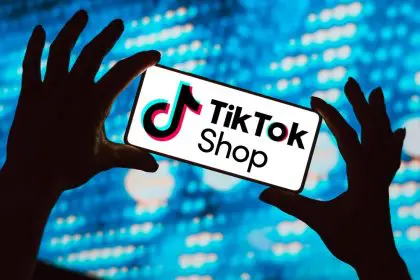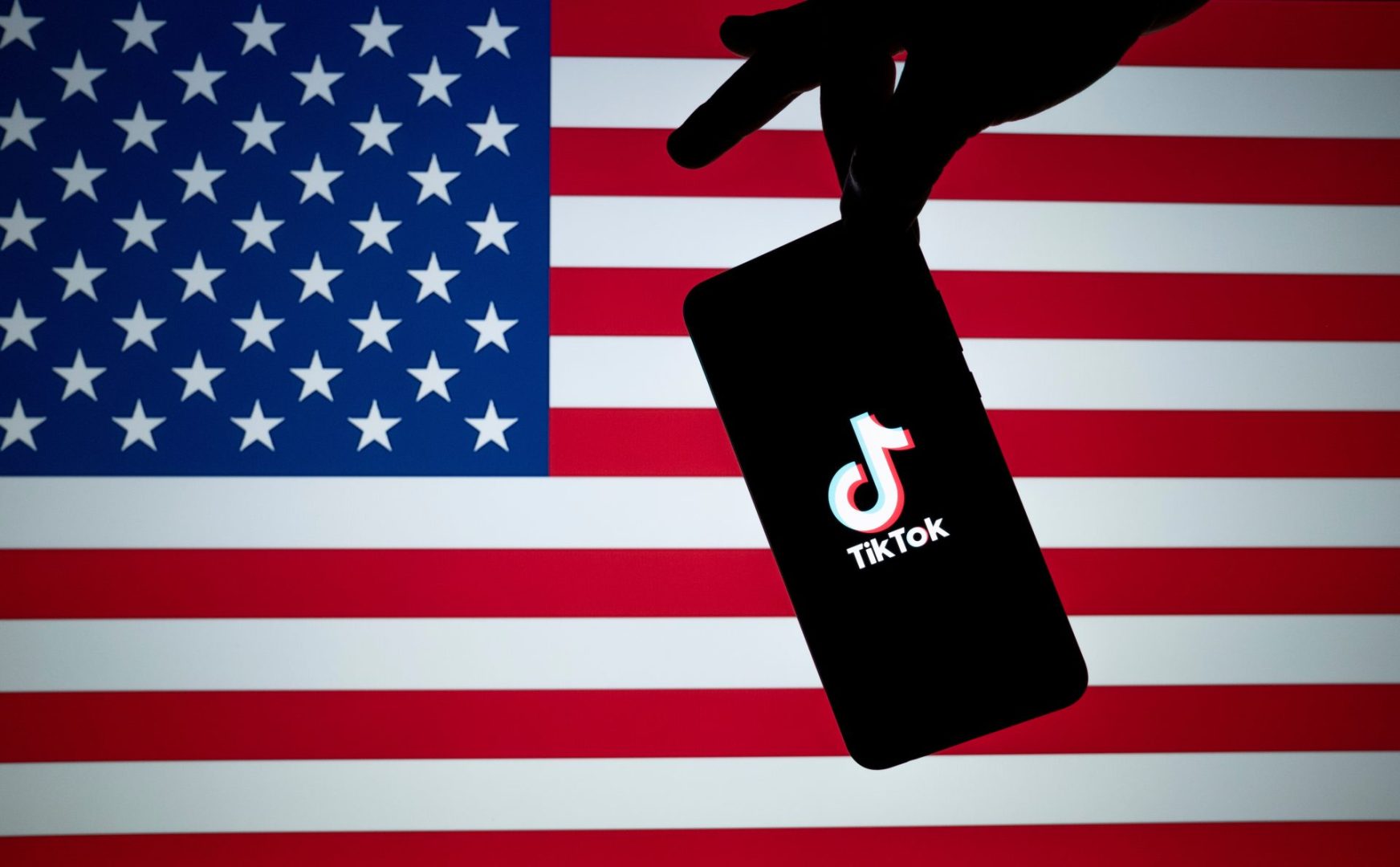In the ever-evolving world of digital marketing, small businesses constantly seek effective strategies to reach their target audiences. One such strategy that has gained significant traction is leveraging micro-influencers for marketing. Micro-influencers, individuals with a smaller but highly engaged follower base, offer unique advantages that can be particularly beneficial for small businesses. This article explores why small businesses benefit from using micro-influencers for their marketing efforts, highlighting the key reasons behind their effectiveness.
Who are micro-influencers?
Micro-influencers are social media personalities who have a follower count typically ranging from 1,000 to 100,000. Unlike celebrities or macro-influencers with millions of followers, micro-influencers have a more intimate connection with their audience. They are often seen as relatable, trustworthy, and authentic, qualities that resonate well with their followers. These influencers can be found in various niches, including fashion, beauty, fitness, travel, and lifestyle, among others.
Advantages of using micro-influencers
- Higher engagement rates: One of the primary advantages of working with micro-influencers is their higher engagement rates. Studies have shown that as the number of followers increases, engagement rates tend to decrease. Micro-influencers, with their smaller follower base, often enjoy higher levels of likes, comments, and shares on their posts. This higher engagement translates to a more meaningful connection with their audience, which can be beneficial for small businesses looking to build brand loyalty.
- Cost-effective marketing: For small businesses with limited marketing budgets, cost is a significant factor. Collaborating with micro-influencers is often more affordable compared to partnering with macro-influencers or celebrities. Micro-influencers are typically more willing to work with brands in exchange for free products, services, or modest fees. This cost-effectiveness allows small businesses to allocate their marketing budget more efficiently, maximizing their return on investment.
- Targeted reach: Micro-influencers tend to have a specific niche or area of expertise, which means their followers are usually highly interested in that particular subject. This targeted reach is advantageous for small businesses because it ensures that their marketing efforts are directed toward a relevant and interested audience. By partnering with micro-influencers in their industry, small businesses can effectively reach potential customers who are more likely to engage with their products or services.
- Authenticity and trust: Authenticity is a crucial factor in influencer marketing. Micro-influencers are often seen as genuine and relatable by their followers, which helps build trust. When a micro-influencer promotes a product or service, their audience is more likely to perceive it as a genuine recommendation rather than a paid advertisement. This trust can significantly impact the purchasing decisions of their followers, making micro-influencers powerful advocates for small businesses.
How small businesses can leverage micro-influencers
- Identifying the right micro-influencers: The first step for small businesses is to identify micro-influencers who align with their brand values and target audience. This involves researching potential influencers within their industry and evaluating their engagement rates, content quality, and follower demographics. Tools like social media analytics platforms and influencer marketing agencies can assist in this process.
- Building relationships: Once suitable micro-influencers are identified, small businesses should focus on building genuine relationships with them. This can be achieved by engaging with their content, sharing their posts, and reaching out with personalized collaboration proposals. Establishing a positive rapport can lead to more authentic and successful partnerships.
- Creating engaging content: Collaborating with micro-influencers involves co-creating content that resonates with their audience. Small businesses should work with influencers to develop creative and authentic campaigns that showcase their products or services in a relatable manner. This could include product reviews, tutorials, unboxing videos, or behind-the-scenes glimpses.
- Measuring success: To ensure the effectiveness of micro-influencer marketing campaigns, small businesses need to track and measure their performance. Key performance indicators (KPIs) such as engagement rates, website traffic, and conversion rates can provide valuable insights into the success of the campaign. This data can help refine future strategies and optimize marketing efforts.
Real-world examples of successful micro-influencer campaigns
- Daniel Wellington: The watch brand Daniel Wellington is a prime example of a company that successfully utilized micro-influencers to build its brand. By partnering with numerous micro-influencers on Instagram, the brand was able to create a buzz and reach a highly engaged audience. The influencers shared stylish photos featuring the watches, often accompanied by discount codes, which drove significant sales and brand awareness.
- Glossier: Beauty brand Glossier leveraged micro-influencers to promote its products through authentic and relatable content. The company encouraged influencers to share their personal skincare routines and beauty tips, featuring Glossier products. This approach resonated with the influencers’ followers, leading to increased brand credibility and customer trust.
- HelloFresh: Meal kit delivery service HelloFresh collaborated with micro-influencers in the food and lifestyle niches to showcase their meal kits. Influencers shared their cooking experiences, recipe tutorials, and unboxing videos, highlighting the convenience and quality of HelloFresh’s offerings. This strategy helped the brand reach a targeted audience of food enthusiasts and busy individuals.
Conclusion
Micro-influencers offer small businesses a powerful and cost-effective marketing strategy to reach and engage their target audience. With higher engagement rates, authenticity, and targeted reach, micro-influencers can significantly impact the success of small business marketing efforts. By identifying the right influencers, building strong relationships, and creating engaging content, small businesses can leverage the influence of micro-influencers to drive brand awareness, customer trust, and ultimately, business growth. In a competitive market, the personalized and authentic approach of micro-influencers can give small businesses the edge they need to thrive.
This story was created using AI technology.
















